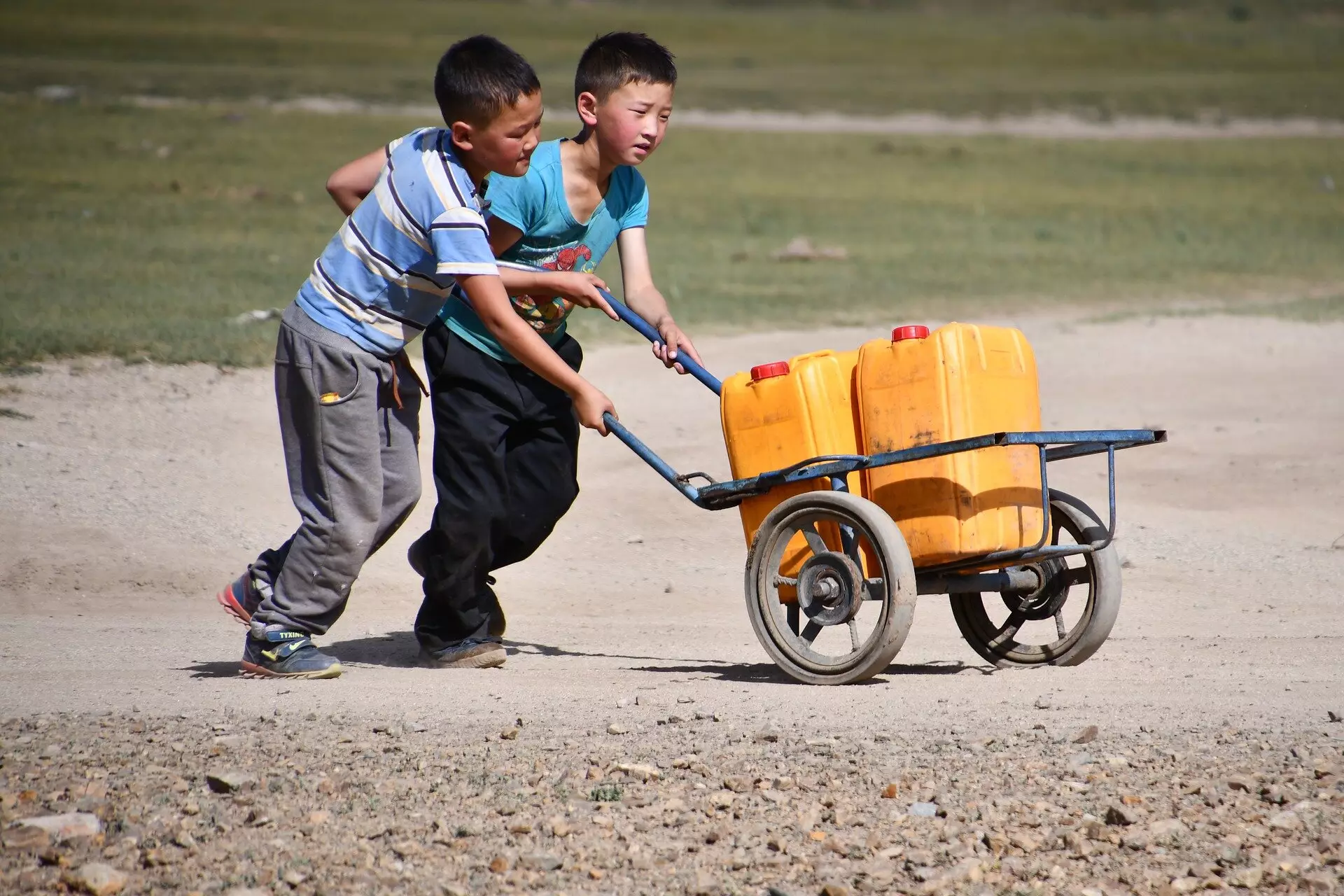The issue of water scarcity is becoming increasingly dire as climate change and socioeconomic factors continue to exacerbate the situation. A recent study conducted by Utrecht University, as published in Nature Climate Change, highlights the disproportionate impact of water scarcity on populations in the Global South. It is evident that clean water is not only essential for drinking and sanitation purposes but also for various other crucial needs such as food production, energy generation, and manufacturing.
The study conducted by researchers at Utrecht University utilizes simulations from an advanced water quantity and quality model to assess both current and future global water scarcity trends. Lead author Dr. Edward Jones emphasizes the multifaceted influences of climate change and socioeconomic developments on water resources. Understanding these aspects is vital for evaluating the future implications of water scarcity.
According to the study, 55% of the global population currently resides in regions that face clean water shortages for at least one month each year. This number is expected to rise to 66% by the end of the century, indicating a significant escalation of the crisis. It is noteworthy that the impact of water scarcity will not be uniform across different regions of the world. While Western Europe and North America may experience sporadic shortages driven primarily by water quantity issues, developing countries in the Global South are likely to face more widespread and persistent scarcity due to a combination of factors such as rapid population growth, economic developments, climate change, and deteriorating water quality.
Despite the critical importance of water quality in ensuring safe water consumption, assessments of water scarcity have traditionally focused predominantly on water quantity aspects. Dr. Jones emphasizes the need to incorporate water quality considerations into these assessments to provide a comprehensive understanding of the crisis. Normalizing the inclusion of water quality can also aid in the development of effective management strategies to mitigate water scarcity challenges.
A Rising Systemic Risk
The study underscores the fact that the lack of clean water poses a significant risk to both human populations and ecosystems. As the global water scarcity crisis continues to escalate, ignoring this pressing issue becomes increasingly untenable. Urgent action is required to address the growing concerns surrounding water scarcity and ensure sustainable access to clean water for all.


Leave a Reply